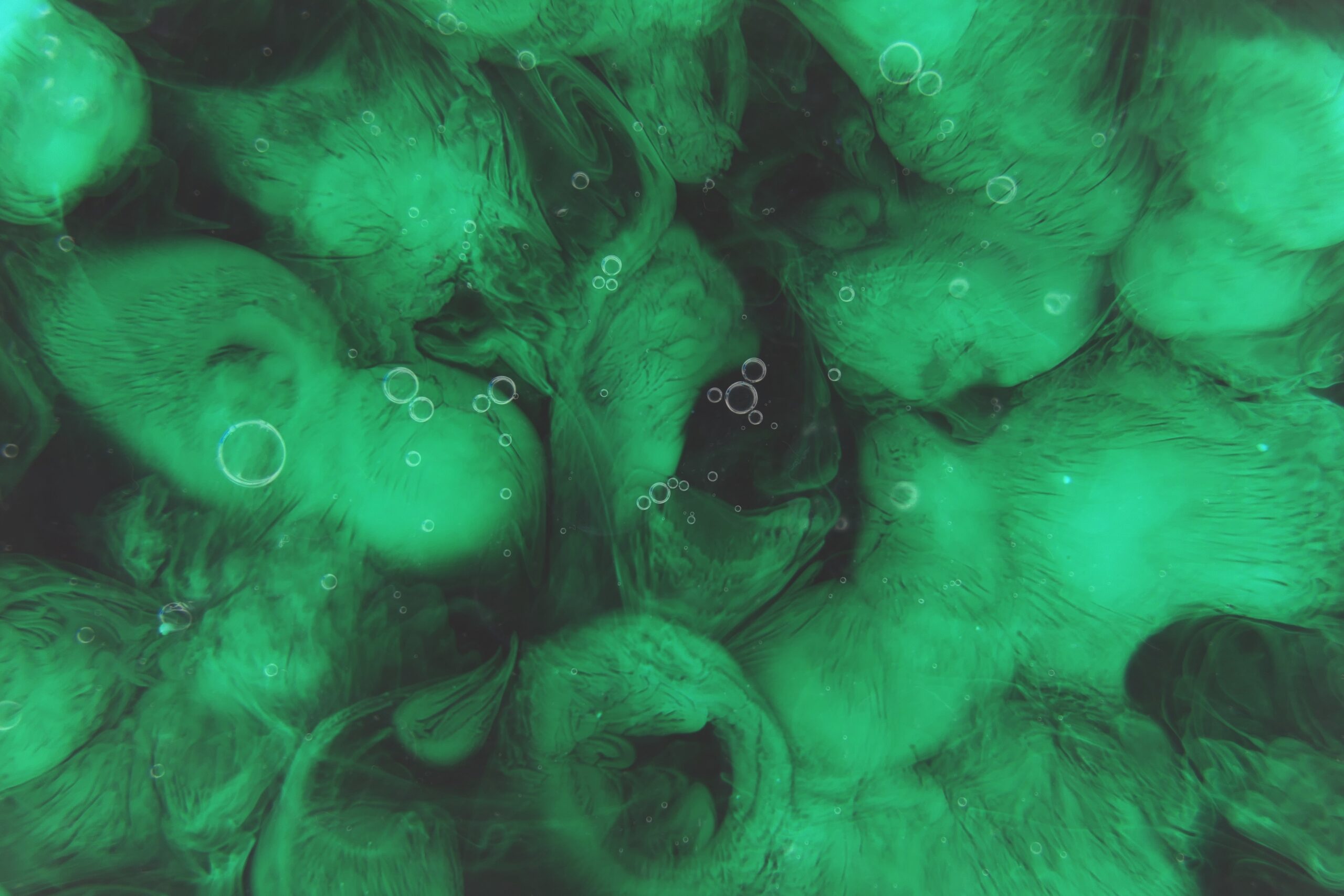With more and more technological development in the fields of bio energy, pharmaceuticals and researchers of the nutrient world have been looking more into one particular microalgae: spirulina. Meticulous Research and the European Algae Biomass Association (EABA) recently launched a report at the end of June in which they concluded that the microalgae market is expected to reach USD $1.8 billion of worth by 2028. But what, exactly, are they looking into and why is it so promising?
Microalgae, or microphytes, are microscopic algae that are found in freshwater and in marine ecosystems. They vary in shape and size according to the species, ranging from micrometers to hundreds of micrometers. Microalgae has one main goal: to convert sunlight, CO2 and water into algae biomass. Spirulina is a natural, unbranched, filamentous blue-green algae, or cyanobacterium, that is high in protein. It’s packed with essential amino acids, iron, minerals, nutrients, carotenoids, and is a good source of antioxidants and B vitamins. These features justify why spirulina is often recommended to vegetarians and make it an ideal supplement during pregnancy, after surgery, or whenever the immune system needs a boost.
Although spirulina has been around since ancient times, its nutritional values and health benefits have not yet been scientifically proven. However, recent studies have shed a light on the microalgae’s health benefits and have developed technology to retrieve the best features of the cyanobacterium to complement and create holistic medicines. Studies by the Pukyong National University in the Republic of Korea have found that spirulina possess the ability to act upon several bioactivities, and has proven to have antioxidant, anti-inflammatory, antiallergic, anticancer, antiobesity, antidiabetic, antiviral, antibacterial, and anti hepatopathy properties. According to NB Entrepreneurs, leading manufacturers and producers of Excipient Solutions and top provider of pharmaceutical industry, it can “improve lipid and glucose metabolism, while also reducing liver fat and protecting the heart. Animal studies are very promising as well, as spirulina has been shown to be of similar potency as commonly used reference drugs, when it comes to neurological disorders. These effects also extend to arthritis and immunology”
The Meticulous Research and EABA’s report published a few weeks ago explain why, now of all times, spirulina and other microalgae are expected to grow in market size in the next 8 years. Due to the COVID-19 pandemic, food and beverage manufacturers witnessed a decline in sales: with lockdowns in place throughout the world and government policy and recommendations to only buy the essentials, the F&B industry took a hit. With it, so did microalgae.
The decline in consumption of microalgae and algal biomass was because there were now many obstacles on the supply chain. From cultivation, to production, packaging and distribution, there were less employees at hand and less people to buy. China is one of the world’s leaders in consumption and production of microalgae. However, in 2020, “factory closures, microalgae processing facilities operating at reduced capacities, and restrictions on importing and exporting algae biomass strongly impacted the microalgae market”, according to the report. Moreover, the pandemic also affected the microalgae market in many countries around the world, like the US and India. With a nationwide lockdown in place in India, many commercial microalgae production and processing facilities shut down or are operating at reduced capacities, leading to substantial losses in domestic microalgal production.
However, the current pandemic has also acted as a big wakeup call to the world in regards to overall health, and the pharmaceutical industry has taken notice. A strong immune system has become a priority for many people, and a good nutrition intake is key in achieving that. The Meticulous Research and EABA’s report concluded that in order to maintain an optimal immune system, there is now a growing demand for plant and algae protein food products & beverages through e-commerce platforms. The Davis School of Medicine at the University of California, found that spirulina “inhibits influenza virus replication and reduces virus-induced mortality, and the addition of spirulina to cultured immune system cells significantly increased the production of infection-fighting cytokines” as well as that spirulina “modulates the production of cytokines and with its bioactive proteins stimulates the intestinal immune system to enhance the responsiveness to vaccines and improve allergic rhinitis due to its rich content of flavonoids and sulfalipids”
The report’s findings also concluded that the interest in microalgae, and spirulina in particular, has more chances to grow into the pharmaceutical industry. Health trends in 2021 showed a spike in interest towards natural food coloring, veganism and vegetarianism and unpleasantness towards processed foods, synthetic flavor and colors. Being a naturally bright and colorful superfood, spirulina has caught the eye and heart of consumers worldwide and is estimated to account for the largest share of the overall microalgae market in 2021 owing to the rising health & wellness trends and dietary supplements industry.






